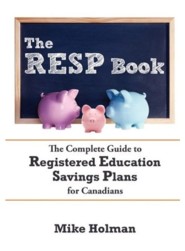This morning I weighed 183 pounds for a loss of one pound. However I bought a new scale this and on the new scale I weighed 184.5 pounds. I’m going to be using the new scale only from now on which throws things off a bit but who cares? The important thing is that I’m watching my diet and the weight is going in the right direction.
Brip Blap had a great post this week about extraordinary jobs which certainly hit home for me. I’m one of those “boring” people who don’t think there is anything wrong with just working for a living. Even dream jobs get boring after a while – about five years in my case. There’s a reason they call it work and Brip Blap’s point #3 “Take pride in your paycheck” made me feel better.
He also talks about how it’s ok to work a regular job while following your dreams at the same time – they don’t have to be mutually exclusive and the job doesn’t have to be an excuse not to follow your dream.
This Wall Street Journal article takes a look at the surprising number of borrowers in the US with good credit ratings who took out sub-prime mortgage because of their commissioned mortgage brokers. Who would have thought that a commissioned salesperson would have led a borrower astray?
The Carnival of Personal Finance was hosted by Money Smart Life.
